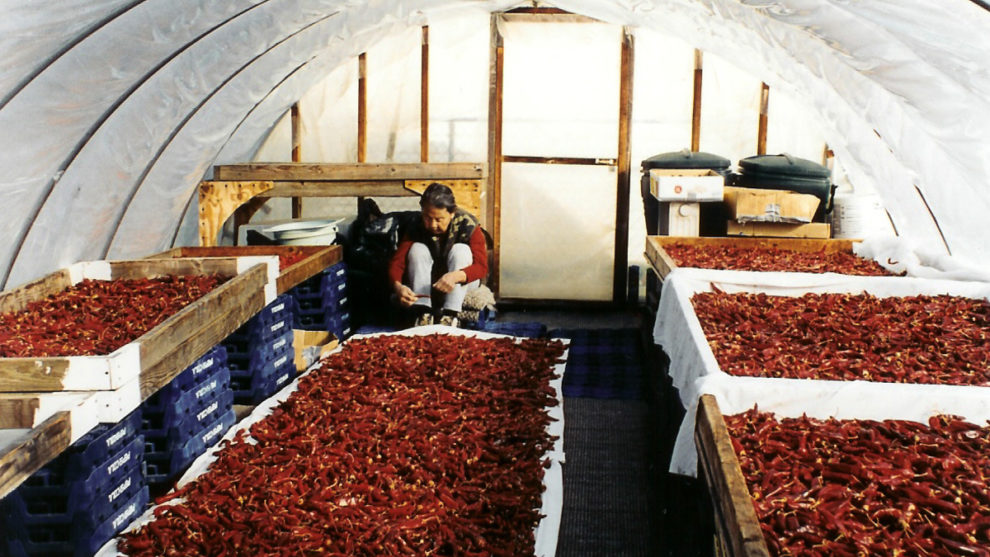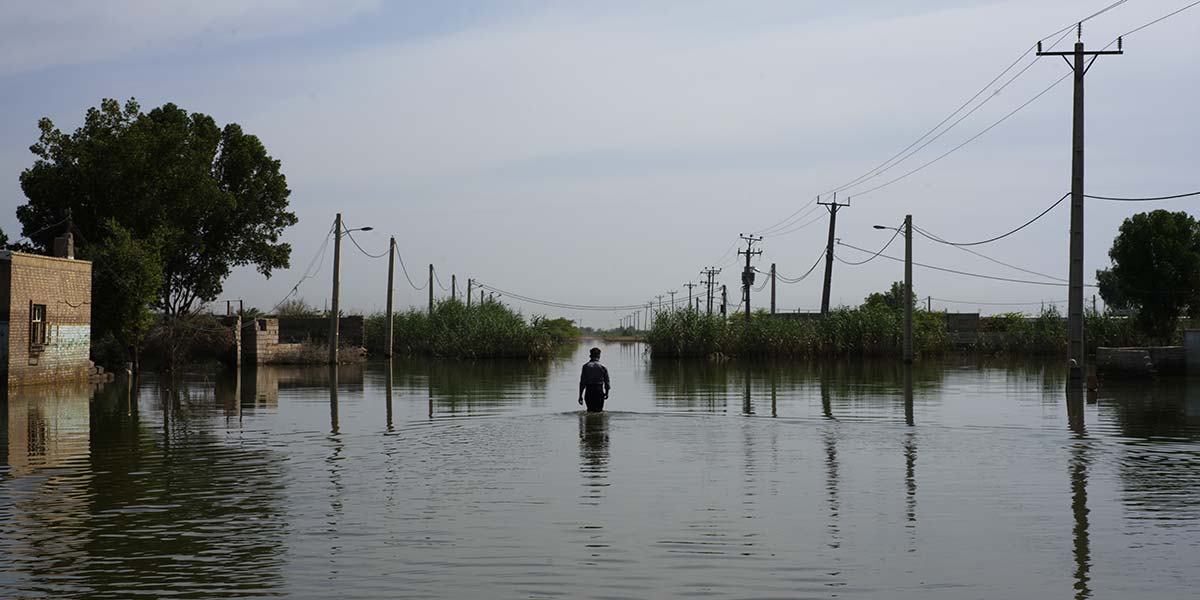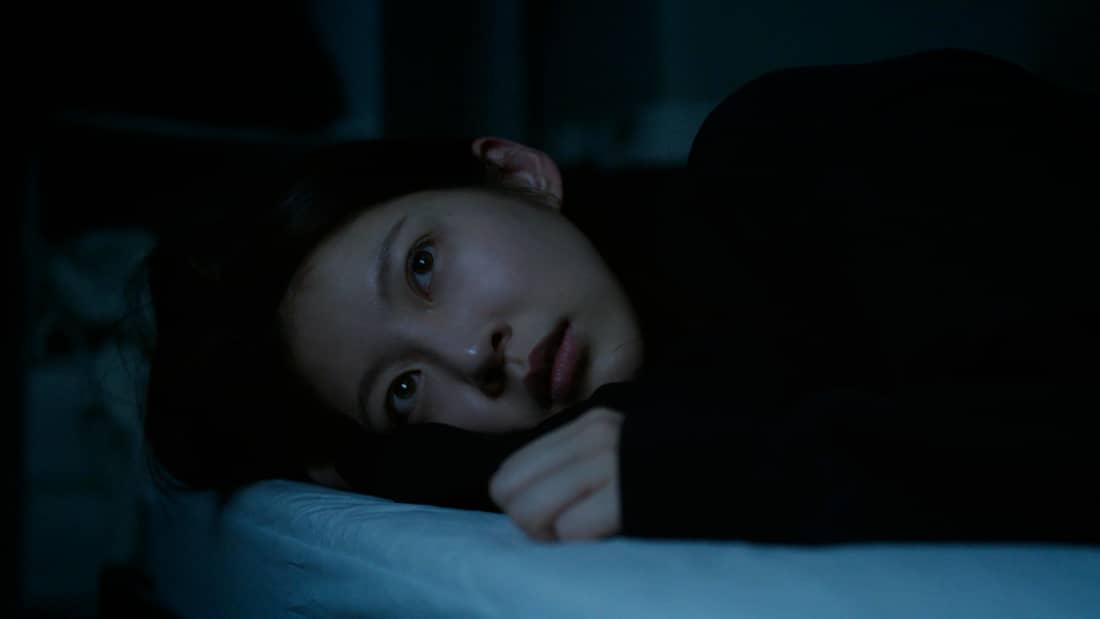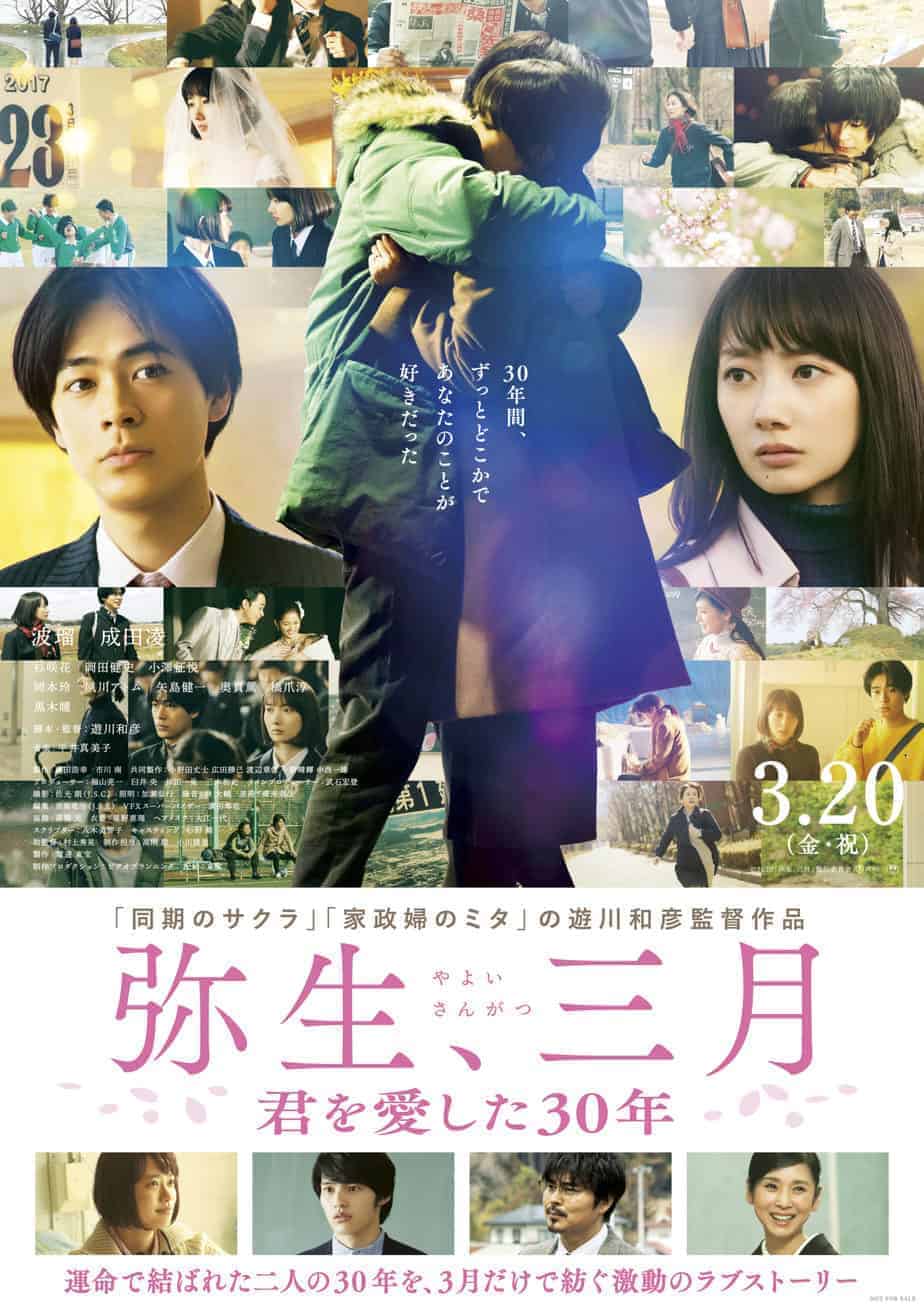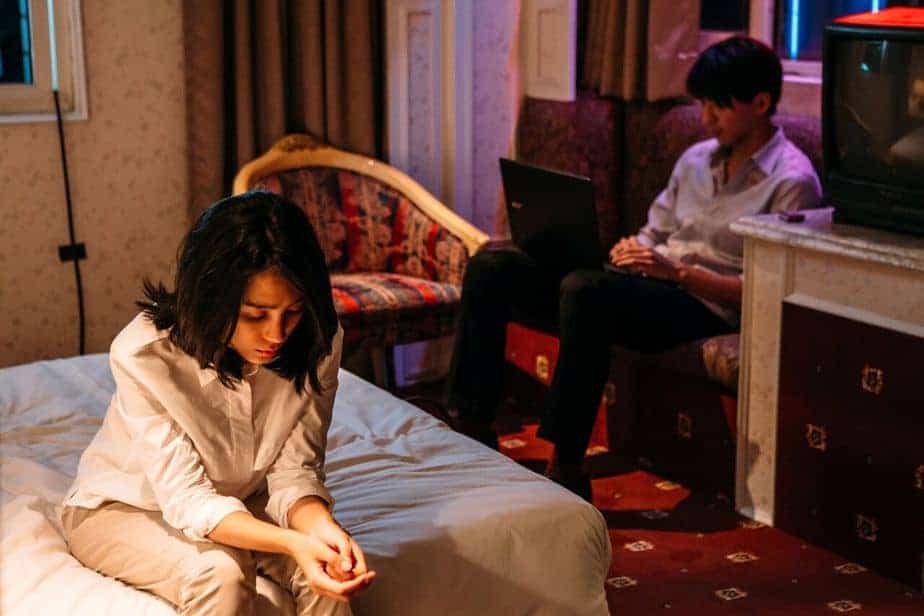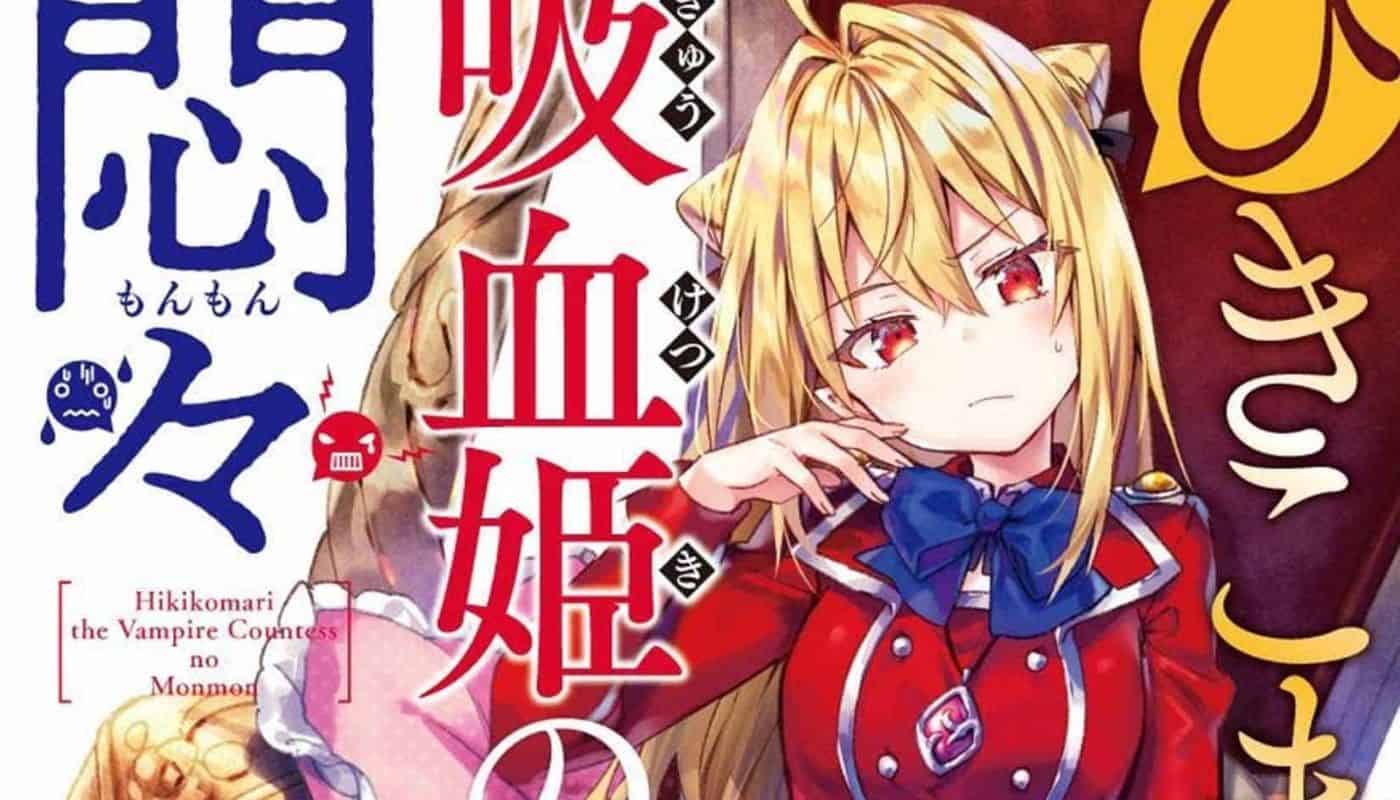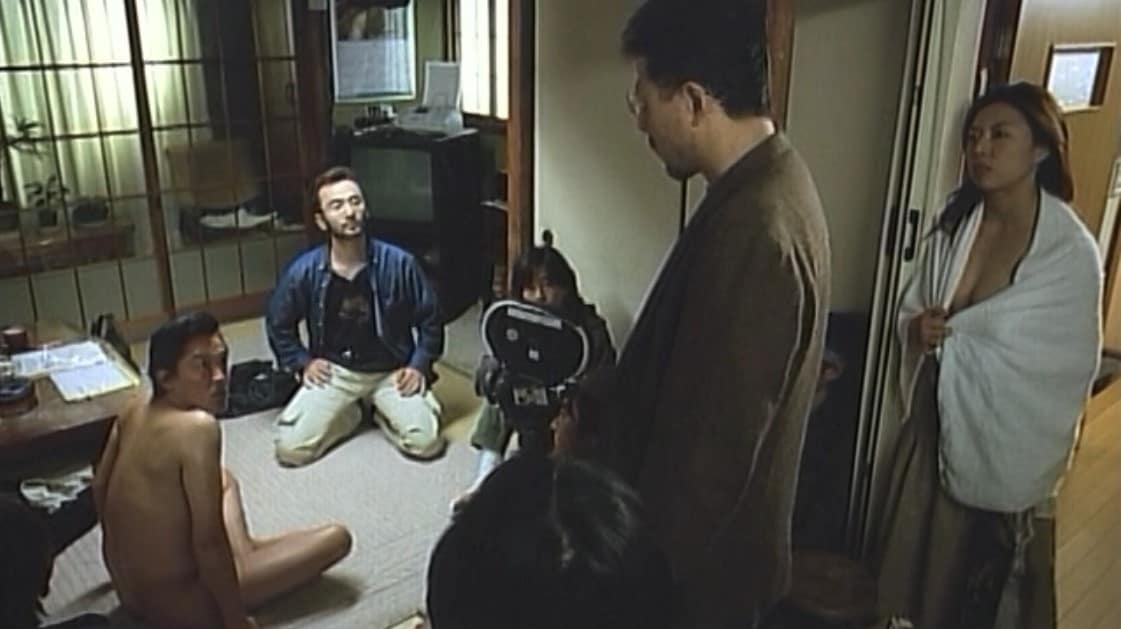“And Thereafter” is the award winning full length documentary debut by the Korean director Hosup Lee. Shot over a span of four years, the movie tells the story of Young-ja Wike, one of the first Koreans married to an American citizen.
And Thereafter is screening at the San Diego Asian Film Festival

Young-ja Wike is from the first generation of Korean women married to American soldiers. Labeled as a whore by her fellow Koreans and tricked by the dreams of living the American dream, she has chosen to go to the USA as a means to escape the horrors of the Korean War and the hunger of the post-war period. Now, four decades after her arrival to the States, she lives a poor and isolated life at a dilapidated house with her old, ailing, and indifferent husband, two hostile sons, and a daughter who is never there. The only thing that seems to give a little respite in the old woman's life is tending to her chili garden.

Through Mrs. Wike's portrait, Hosup Lee paints a devastating picture of the isolating nature of being an immigrant and the failure of the American dream in contemporary America. Mr. Wike is shown mostly alone – tending her chili garden, watching Korean news from her sofa-cum-bed, doing chores around her dilapidated house, or looking after her middle-aged jobless sons, Jimmy and Timmy. And even when she shares the screen with someone from her family, Young-ja is at pains communicating with them. This is not due to her not being fluent in English, a language she still barely speaks with thick accent, but because of the lack of connection between her and the other members of her family. What's more, the lack of proficiency in the language implies to the viewer that the lack of communication in the family is not something new, but a problem that dates probably since her marriage to the soldier.
Young-ja is anything but pitiful. She is strong both physically and mentally. Despite her small stature, she keeps her family and house together by cooking, cleaning, and taking care of everyone, even her mature sons, both of whom is implied suffer from psychological problems. She does the same for her husband, who through progressive stories told by Young-ja is shown to be a severely dysfunctional person to say the least. And on top of that, she takes care of her small chili garden. The latter being a nice metaphor for Mrs. Wike, both because it is the only thing that connects her to a native land she has not set foot to in many decades and for its fiery resilience. And yet, there is a sense of tragedy to her life as show through the use of the seasons as a framing device.

Through Lee's masterful editing and use of the changing seasons as chapter mark, we feel like we know the subject of his documentary more intimately with every scene, sometimes with every passing minute. At the beginning, Young-ja is a bit vague in her stories, speaking about the horror of war, the difficulty of living in America as an immigrant, while later, tending for her growing chilies, she opens up about the hypocrisy of the Korean society, her failures as a mother, and many family secrets. Her stories build up until they crescendo in two harrowing recollections, one about her life in America, the other about Korea, both recollected while tending to her now ripe chillies. By then, we feel like we have spent an entire year and know her intimately.
Though Young-ja Wike's story is undeniably distressing and her isolated existence, sad, there is this feeling that some scenes are staged. This does not mean in any way that her story is not real or that her feelings are faked. Rather, many of the scenes in this documentary that further the story are shot in such a beautiful way with Mrs. Wike speaking so calmly, that feel rehearsed. And, sadly, they turn out to be such, as told by Hosup Lee in an interview, with what is by far the most devastating scene being reshot no less than twenty times. Considering that it is also the scene in which the Korean woman shares some of the most disturbing secrets about her family and husband in particular, the viewer cannot but imagine how the old woman must have felt having to experience the same memories again and again. In such scenes, though undoubtedly aiming at raising awareness about the isolated life of some Korean army wives, the director turns out to be just one more person in a long line of abusers in that woman's life.
“And Thereafter” is a devastating to watch documentary about the isolated existence of a first-generation Korean immigrant in America.


